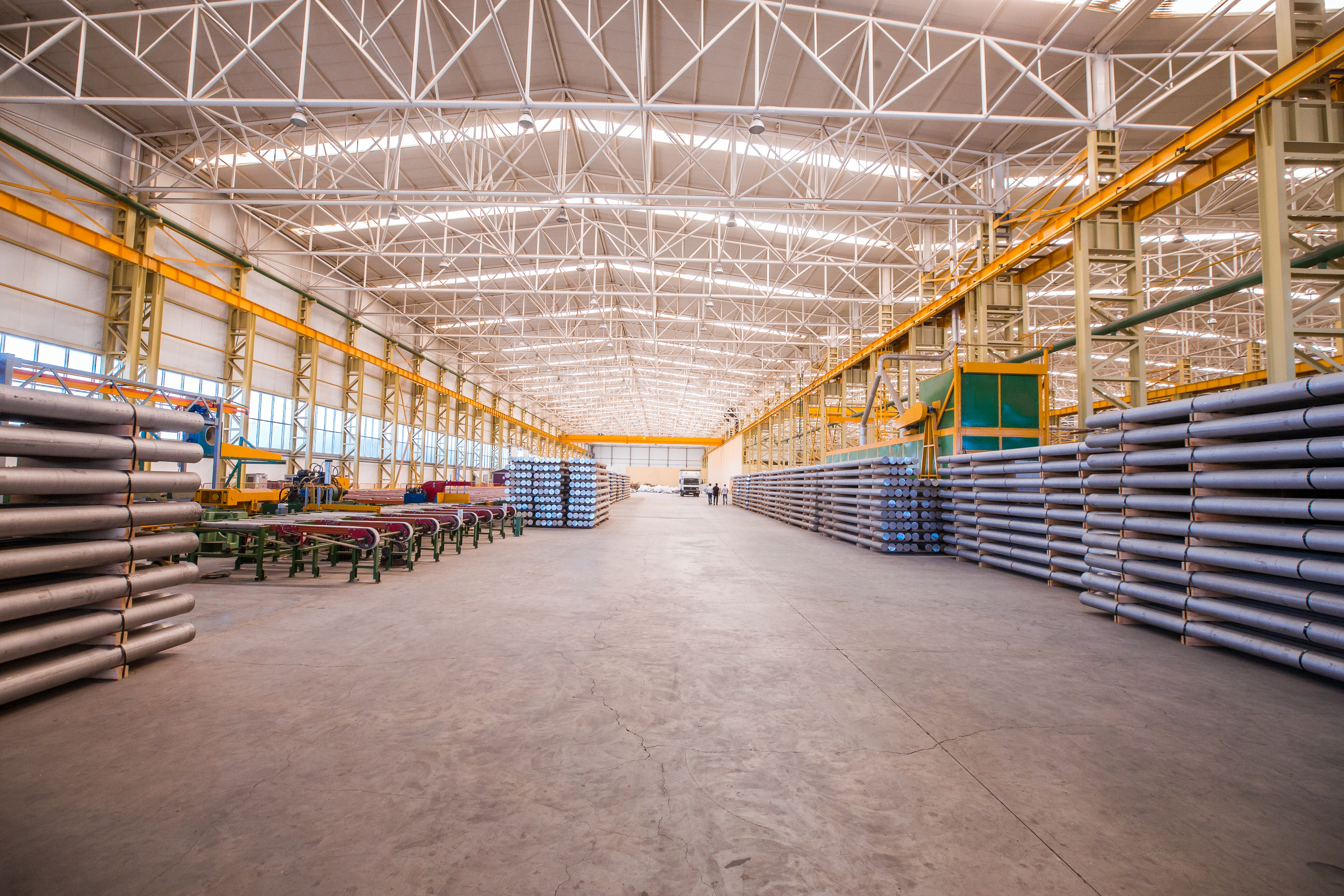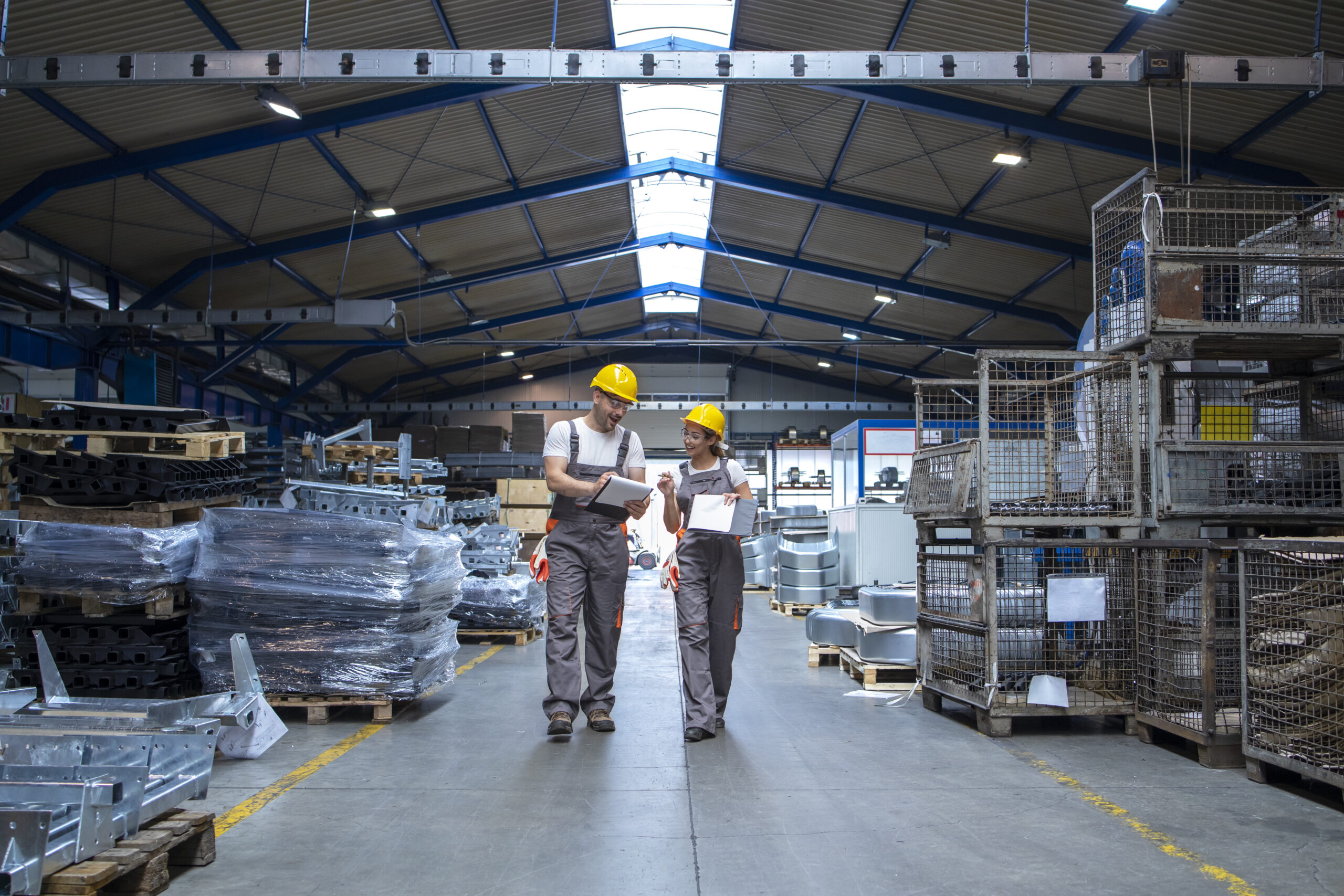India has a growing construction industry, but builders face critical decisions that affect the success of their projects. One such decision is choosing between bulk buying and local sourcing of construction materials. While both methods have their advantages, the right choice depends on several factors, including project size, budget, location, and timelines.
This article examines the advantages and disadvantages of each approach to help builders make informed decisions. Whether it is about constructing a residential complex or a commercial tower, working with reliable wholesale construction materials suppliers in India can make all the difference.
What is bulk buying?
Bulk buying includes purchasing large quantities of construction materials from centralised or national suppliers. This method is used for large-scale projects where consistency, cost-efficiency, and long-term planning are essential.
Advantages of bulk buying
- Lower costs per unit: Bulk purchases often come with discounts, reducing overall material costs.
- Uniform quality: Materials from the same batch ensure consistency in construction standards.
- Streamlined procurement: Fewer transactions mean less time spent on sourcing and paperwork.
- Priority service: Establishing long-term relationships with wholesale construction materials suppliers in India can lead to faster deliveries and enhanced support.
Disadvantages of bulk buying
- Storage requirements: Builders need ample space to store large quantities of materials.
- High upfront investment: Bulk buying requires a substantial initial outlay, which may not be feasible for smaller firms.
- Logistical challenges: Transporting and handling large volumes can be complex and costly.
- Risk of overstocking: Excess materials may go unused, leading to waste or financial loss.

Read More: Concrete vs. Cement: Knowing the Difference from Construction Material Suppliers
What is local sourcing?
Local sourcing refers to the practice of purchasing construction materials from nearby vendors or suppliers. This method is preferred for smaller projects or when flexibility is needed.
Advantages of local sourcing
- Quick access: Materials can be procured quickly, reducing delays.
- Lower transport costs: Proximity to suppliers reduces delivery expenses.
- Support for the local economy: Encourages the growth of regional businesses and fosters employment opportunities.
- Adaptability: Easier to adjust orders based on changing project needs.
Disadvantages of local sourcing
- Higher costs: Smaller orders may not qualify for bulk discounts.
- Quality variability: Local suppliers may not always meet standardised quality benchmarks.
- Limited inventory: Smaller vendors may not stock all required materials.
- Frequent procurement: More time and effort are needed to manage multiple purchases.
Key factors to consider before choosing
Indian builders must weigh several factors before deciding between bulk buying and local sourcing:
- Project scale: Large projects benefit more from bulk buying due to economies of scale.
- Budget flexibility: Local sourcing may be more manageable for firms with limited capital.
- Storage availability: Bulk buying requires secure and spacious storage facilities.
- Supplier reliability: Trusted wholesale construction materials suppliers in India can ensure timely delivery and consistent quality.
- Material type: Some materials, like sand or bricks, are better sourced locally due to freshness or fragility.
The hybrid approach: Combining both strategies
Many builders in India are now adopting a hybrid procurement strategy. This involves bulk purchasing essential materials, such as cement, steel, and TMT bars, from wholesale construction materials suppliers in India, while sourcing items like sand, bricks, and aggregates locally.
Benefits of a hybrid approach
- Cost optimisation: Bulk discounts for core materials, while saving on transport for local items.
- Flexibility: Ability to respond to changing project needs without overstocking.
- Risk diversification: Reduces dependency on a single supplier or source.
- Improved efficiency: Balances long-term planning with short-term adaptability.
Read More: Why Reliable Wholesale Construction Chemicals Suppliers in India Matter
Tips for Indian builders to optimise procurement
To make the most of your procurement strategy, consider the following tips:
- Assess project needs thoroughly: Understand the volume and type of materials required before choosing a sourcing method.
- Build strong supplier relationships: Partner with reliable wholesale construction materials suppliers in India for better service and pricing.
- Use technology: Implement procurement software to track inventory, manage orders, and forecast needs.
- Negotiate smartly: Don’t hesitate to ask for better rates, especially when buying in bulk.
- Plan for storage: Ensure you have adequate space and security for storing bulk materials.
- Monitor market trends: Stay informed about price fluctuations and availability to make informed, timely decisions.
Conclusion: Making the right choice
There’s no universal answer to whether bulk buying or local sourcing is better; it depends on the specific needs of each project. Bulk buying offers cost savings and consistency, while local sourcing provides flexibility and speed. For most Indian builders, a balanced approach that uses both strategies is often the most effective.
By working with trusted wholesale construction materials suppliers in India, builders can ensure quality, reliability, and efficiency in their procurement process. Whether you’re building in a metro city or a rural town, smart sourcing decisions will help you stay on budget and on schedule.
READ POST

